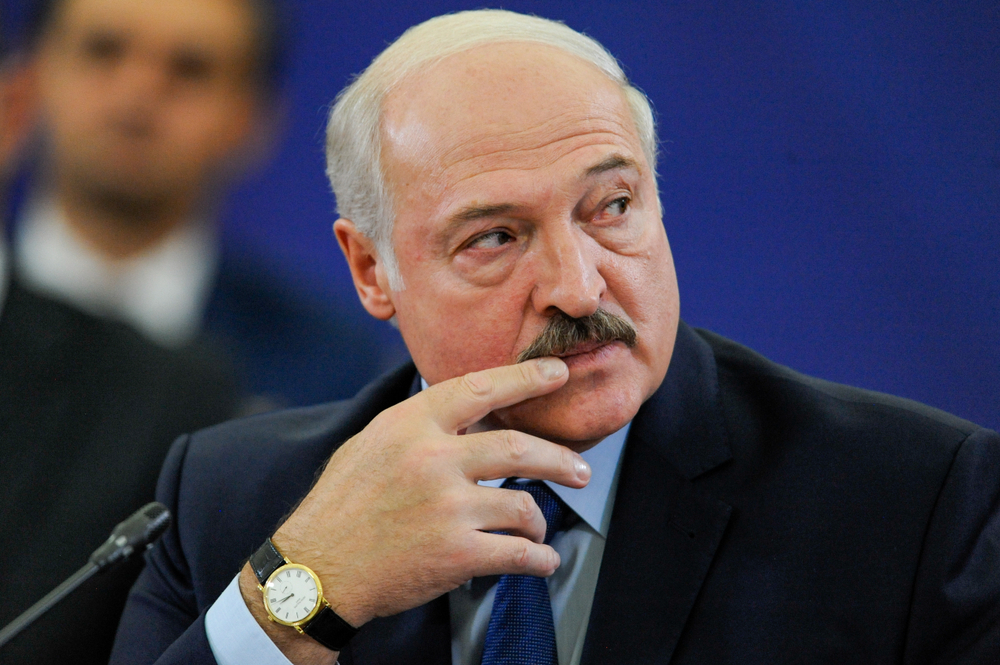According to Lukashenko, the Belarusian opposition aims to seize part of the country and call in NATO for support.
Others are reading now
Belarus’s self-proclaimed ruler, Alexander Lukashenko, accused members of the Belarusian opposition of plotting to seize a portion of the country, establish their own regime, and invite NATO forces to defend their territory. He made these claims during the second day of the All-Belarusian People’s Assembly in Minsk, addressing Belarusian officials and industry leaders.
His remarks raised concerns about the escalating rhetoric and potential repression against opposition activists.
Lukashenko’s Allegations
Belarusian leader Alexander Lukashenko claimed that opposition activists planned to capture the Kobryn district in the country’s southwestern Brest region, near the borders with Ukraine and Poland.
Also read
He offered no evidence to support his assertion or any details about how the opposition would carry out such a plan.
His only explanation was that the opposition aimed to “seize it, declare their authority, appeal to NATO [and] bring in troops.”
Lukashenko also issued threats against family members of exiled opposition activists, suggesting that anyone who challenges his rule could endanger their relatives in Belarus.
U.S.-Backed “Liberation Army”
Lukashenko also claimed that the United States is preparing an underground “Belarusian liberation army” to oust him, with KGB head Ivan Tertel stating that 1,000 “militants” had undergone training in Ukraine and 300 in Poland.
The Belarusian security services stated to have thwarted a drone attack on Minsk, supposedly launched from Lithuania, where many exiled Belarusians are based.
These allegations were quickly dismissed by Lithuanian officials as “disinformation.”
Gintautas Ciunis, a spokesperson for Lithuania’s military, stated that it is “nonsense” to suggest that Lithuania would carry out a drone strike on Belarus.
Exiled opposition leader Sviatlana Tsikhanouskaya dismissed Lukashenko’s claims, suggesting he has “exclusive access to an alternative reality.”
Her advisor Franak Viačorka described Lukashenko as a “bandit and criminal holding nine million people hostage.”


